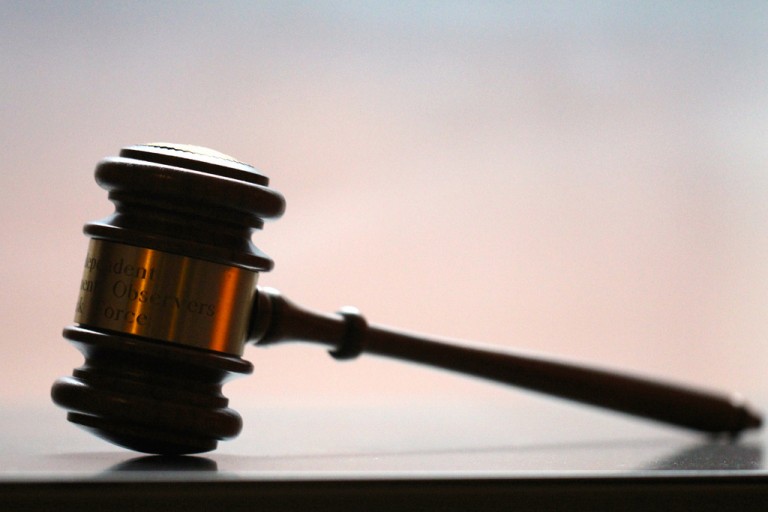

Updated on December 3, 2019
What happens after a judgment is reversed on appeal depends on exactly how whether the reversal is unqualified and also whether the Court of Appeal gives specific instructions upon its ruling. In this blog post, I discuss what happens when a there is an unqualified reversal, i.e. reversal without directions to the trial court.
Generally, when the Court of Appeal reverses a judgment without directions, the appealed judgment is vacated and the case is remanded, or sent back, to the trial court for a new trial or evidentiary hearing as though it had never been tried. In other words, parties are put into the same place and with the same rights they had before the trial court entered judgment. (Weisenburg v. Craigholm (1971) 5 Cal.3d 892, 896). However, any appellate or supreme court opinion will govern the subsequent trial proceedings under the “law of the case” doctrine.
But what does that mean exactly? Are parties entitled to conduct discovery upon remand to the trial court? If the parties discover a new cause of action or affirmative defense, can they amend the pleadings? Are the parties entitled to present new evidence at trial that they did not present at the first trial? The answer to all of these questions is yes.
Once the case is sent back to the trial court, all issues involved in the case considered “at issue” for retrial. (Weightman v. Hadley (1956) 138 Cal.App.2d 831, 836.) In addition, parties are allowed to retry issues as if they were not tried before. This means that parties can present any evidence to support or disprove allegations in the complaint. (Ibid) Parties also have the same rights to request leave to amend their pleadings. Moreover, the time for discovery is also reopened and tracks the date initially set for the new trial of the action. (Fairmont Ins. Co. v. Super.Ct. (Stendell) (2000) 22 Cal.4th 245, 247.)
However, there are always exceptions to these general rules. In addition, a different set of rules applies when there are instructions or partial reversals. These issues will be discussed in later posts.
Schorr Law has experience with appeal of real estate matters. To see if you qualify for a free 30-minute consultation contact us by phone at (310) 954-1877 or by email at [email protected]. You can also send us a text to (310) 706-2265 or send us a message by using our contact form.